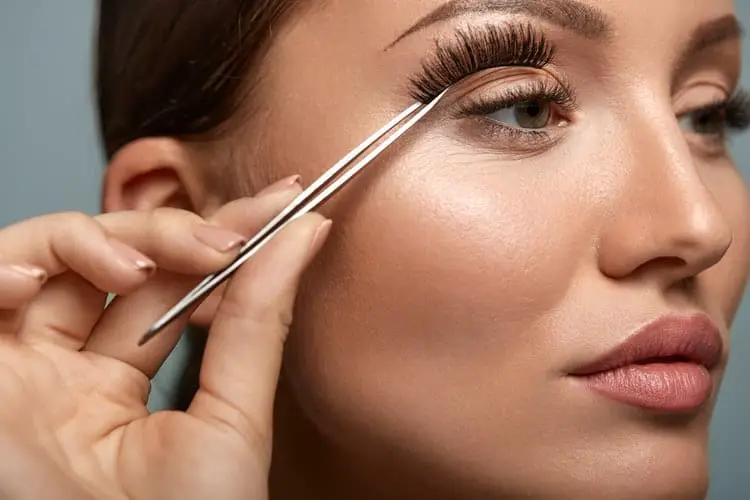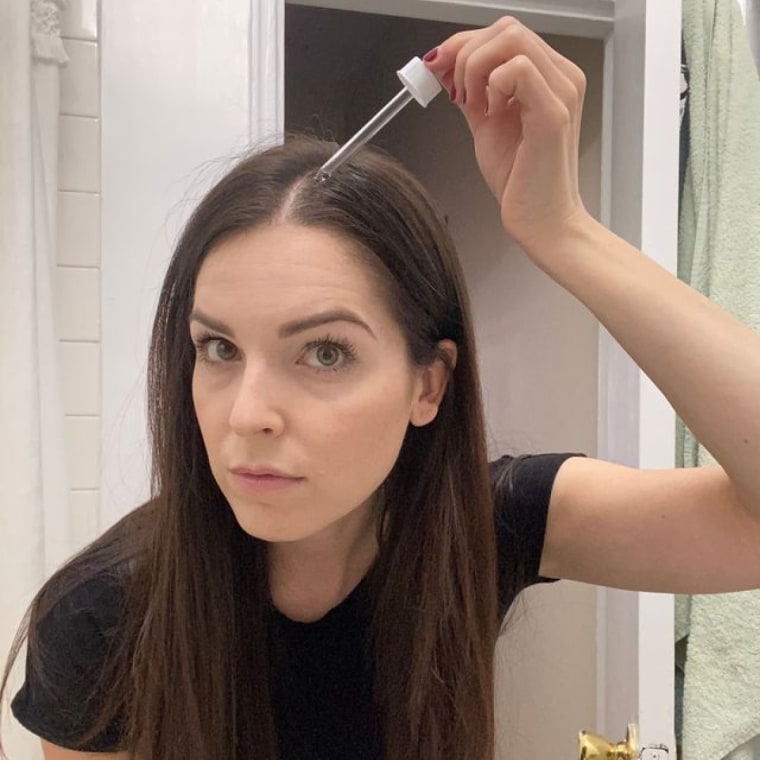In order to figure out how to stop snoring, you must first understand what it is and why it happens. When we sleep, our throat and neck muscles relax and narrow the airways. This causes the throat to push out air which causes the soft tissue to vibrate and rattle, creating the snoring sound. Snoring can have many causes that include but aren’t limited to sleep deprivation, alcohol consumption, and conditions such as obstructive sleep apnea or OSA for short. While the first two causes of snoring are usually temporary or preventable, sleep apnea is a chronic disorder that requires long-term treatment options.
Sleep Apnea
Sleep apnea, or OSA, is caused by a collapse of the pharyngeal (throat) airway during sleep. The collapse in the airway causes apnea episodes where the person will stop breathing periodically for up to a few minutes. The episodes, characterized by loud and disruptive snoring, are typically reported by a partner or roommate since the person with sleep apnea is unaware of them.
The most common factors that cause people to develop sleep apnea include being middle-aged, male, obese or overweight, excessive drinking, smoking, and a person’s genetic nasal structure. People with OSA often have morning headaches and wake up unrefreshed or not well-rested. They may also suffer from daytime sleepiness and concentration problems. Because of this, it is dangerous for those who drive or work with heavy industrial machinery. Many doctors recommend they refrain from doing so until they start treatment.
Obtaining A Referral For Consultation

The first step in treating and managing sleep apnea is obtaining a referral for a consultation. Getting your referral is usually done by bringing it up to your primary care provider and outright asking for one. However, if your insurance doesn’t cover it or scheduling a doctor’s appointment is a hassle, many places offer free consultations and refer you to an ENT specialist or a sleep clinic. Both of which can perform a sleep study on you and prescribe you the correct treatment. Said studies would involve you sleeping in a laboratory, during which they will have someone monitor your oxygen saturation, heart rate, respiratory rate, and breathing in order to establish any apnea episodes and the extent of your snoring.
Treatment
Before your assigned specialist starts your treatment, they will ask you to correct “reversible factors” that may be causing your apnea. It can include ordering you to stop drinking alcohol, quit smoking, or putting you on a diet and workout plan for a set period.
Once you rule out all reversible factors, the next step is to try a continuous positive airway pressure machine or a CPAP. A CPAP provides a constant stream of pressurized air into the airway. The stream helps maintain the shape of the airway and keeps it open so that you can breathe normally without it collapsing and causing apnea. If a CPAP isn’t tolerable or doesn’t completely stop your apnea, your final options are nasal or oral surgery.
Uvulopalatopharyngoplasty or UPPP is a surgery in which your surgeon trims tissue from the soft palate and uvula in conjunction with a tonsillectomy. Removing the tissue helps open the airway and exponentially decreases the risk of airway collapse. UPPP is the most common surgical procedure for obstructive sleep apnea and is typically very effective if you choose to undergo it. Other surgeries include reduction of the base of the tongue, reduction of the suspension of the larynx, and tracheostomy if you have a severe case of OSA.
In conclusion, many factors that cause snoring, including sleep deprivation, alcohol consumption, and obesity, are preventable or easier to treat. Others such as your age, genetics, gender, and chronic conditions are harder to treat. The most common condition that causes snoring is called OSA or obstructive sleep apnea. Despite being harder to treat, there are many treatment options that vary anywhere from changing your diet to oral surgery. Different people have different needs, and it is imperative that you talk with your primary care provider or an ENT specialist to discuss your treatment options before settling on one or another.














